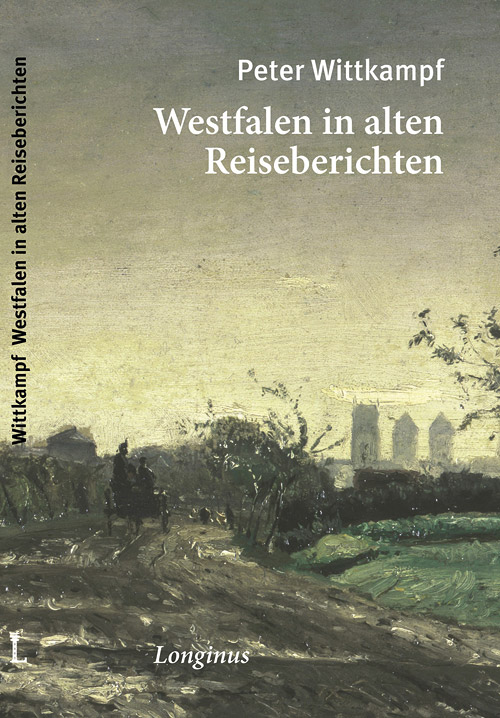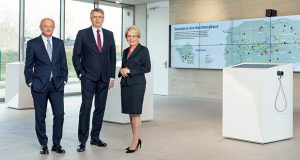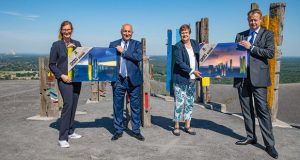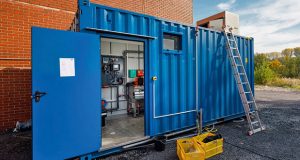
Fig. 1. Peter Wittkampf (Hrsg.): Westfalen in alten Reiseberichten. Coesfeld 2020 (184 S., ISBN 978-3-945113-34-9; Elsinor Verlag. Broschur, 14 Euro)
Geographer and Germanist Peter Wittkampf, member of the Geographical Commission for Westphalia, has published a book that, as well as describing local history, takes readers on a journey of the special characteristics of the area, from the pre-industrialisation of Westphalia through to mining.
In 1645, Fabio Chigi gave the papal nuncio an overview of the pre-industrial Münster region during the negotiations on the Peace of Westphalia of 1648. Johann Bernoulli, grandson of mathematician Johann Bernoulli, explained the basis for mining in Westphalia. In 1782, he discovered that “extremely healthy-looking, well-built, strong men live” on the Lippe, Emscher and Ruhr Rivers. Johann Moritz Schwager explained in 1804 that mining in the Ruhr area was moving northward “because they brew and drink good beer” there.
As early as 1865, teacher Ernst Weyden described intensified industrial activity and ore mining works in the Sieg Valley. Writer Gustav Köpper noted in 1899 how extensive the coal and steel industry in south Westphalia was. Teacher Josef Lichte’s visit to the Alma pit in Gelsenkirchen offered an fascinating technical insight. The hard work of a miner and full industrialisation were echoed by teachers Wilhelm Hanefeld and Otto Stähler in 1905.
“Being a miner is really hard.” Readers will undoubtedly agree with this statement from an underground mine tour by Albert Gieseler and Wilbert Petri from 1901. But the vivid travel reports and their sometimes comical experiences will often bring a smile to the reader’s face. At the end, they could come to the conclusion that: If you’re going to be a miner, then at least make sure it’s in Westphalia!
Prof. Dr. Tobias Rudolph, Research Institute of Post Mining (FZN), TH Georg Agricola University (THGA), Bochum/Germany


